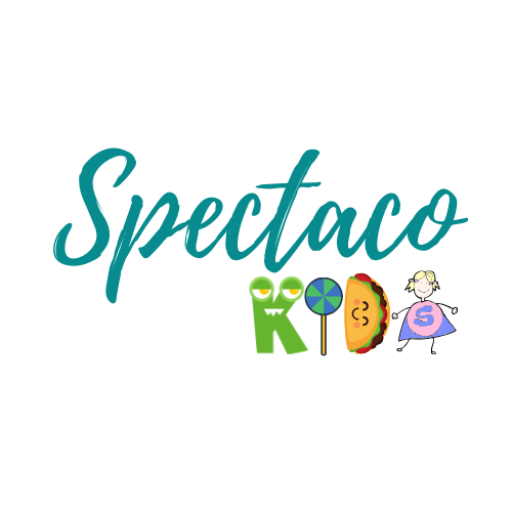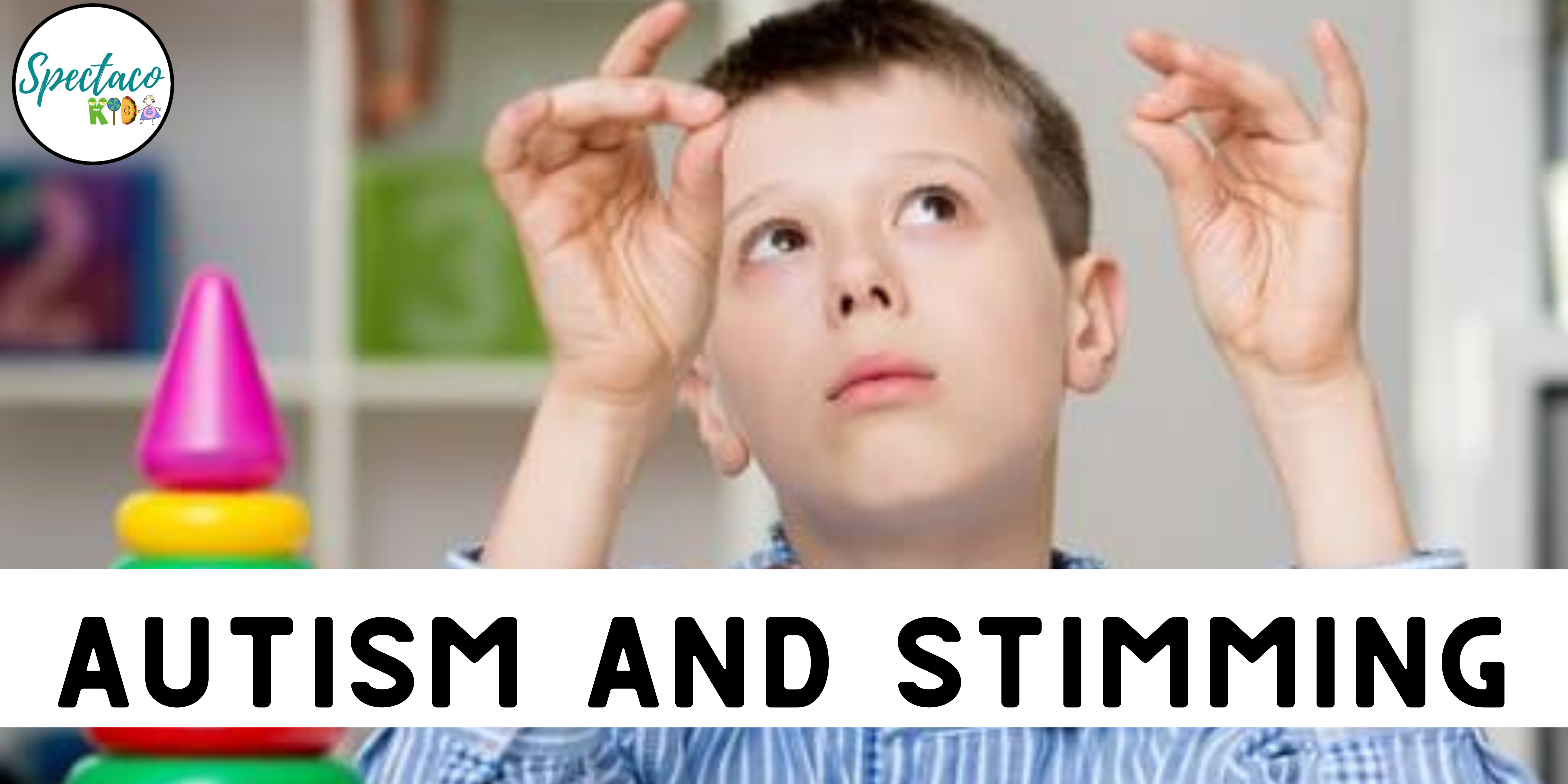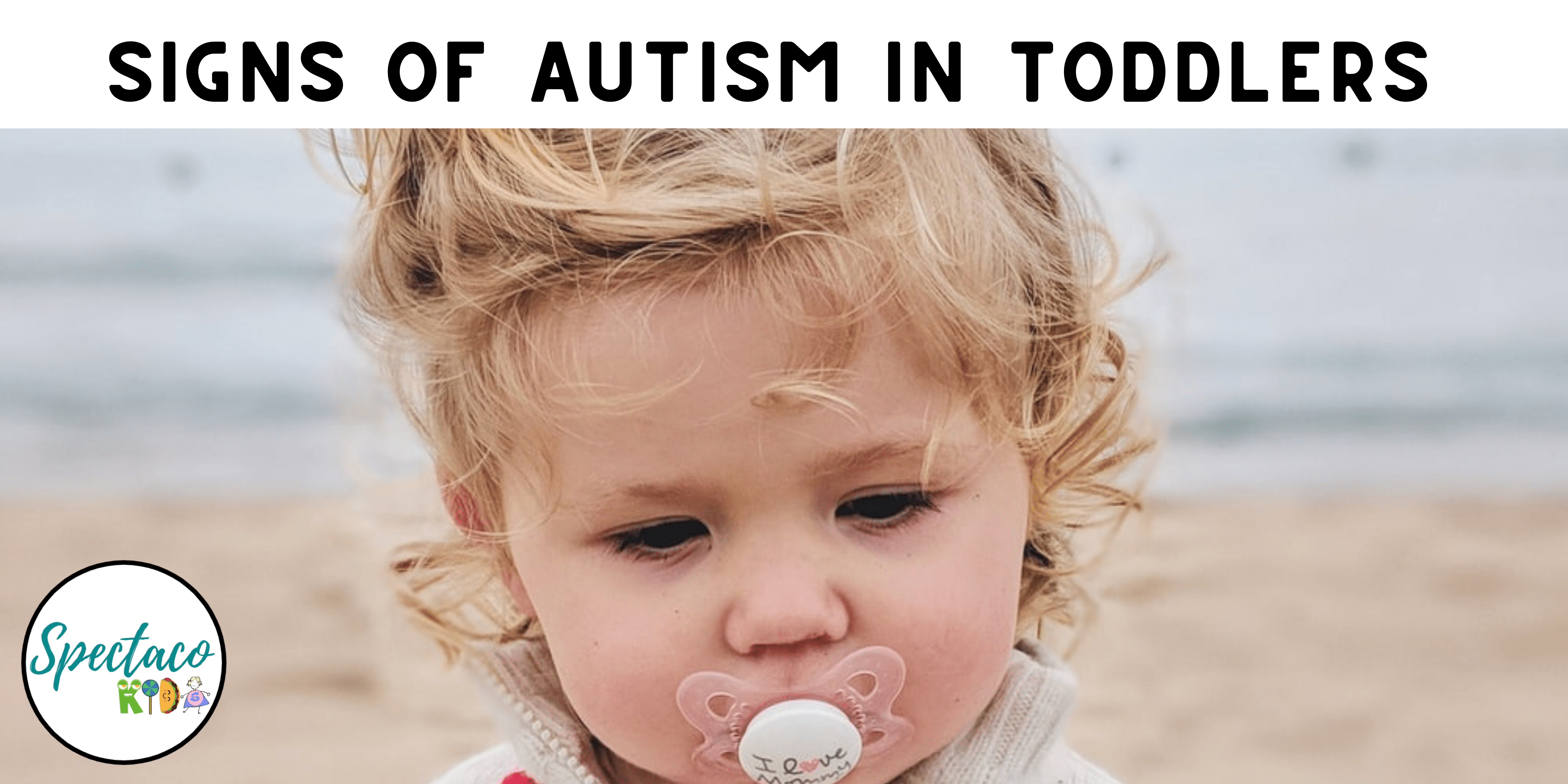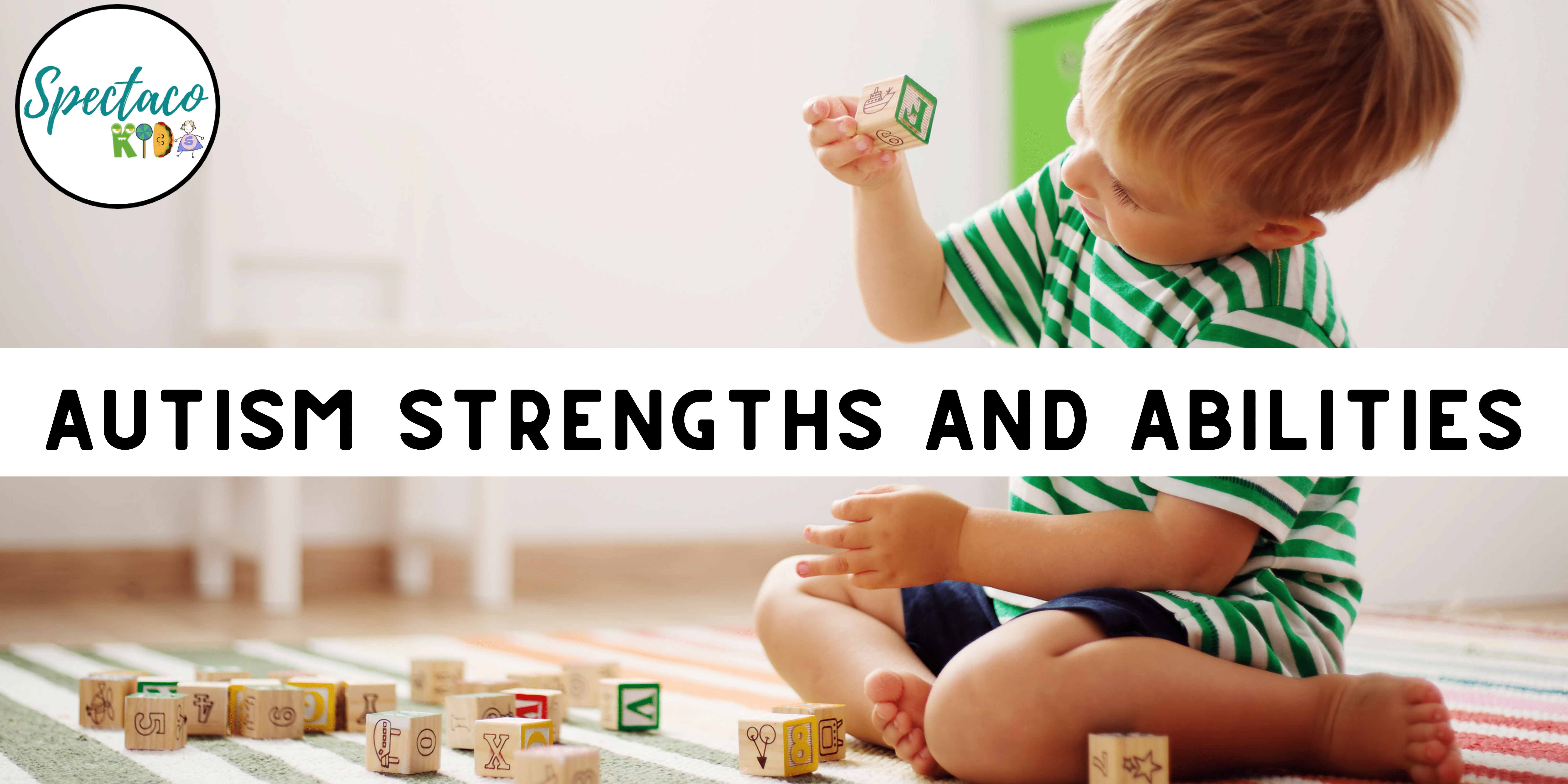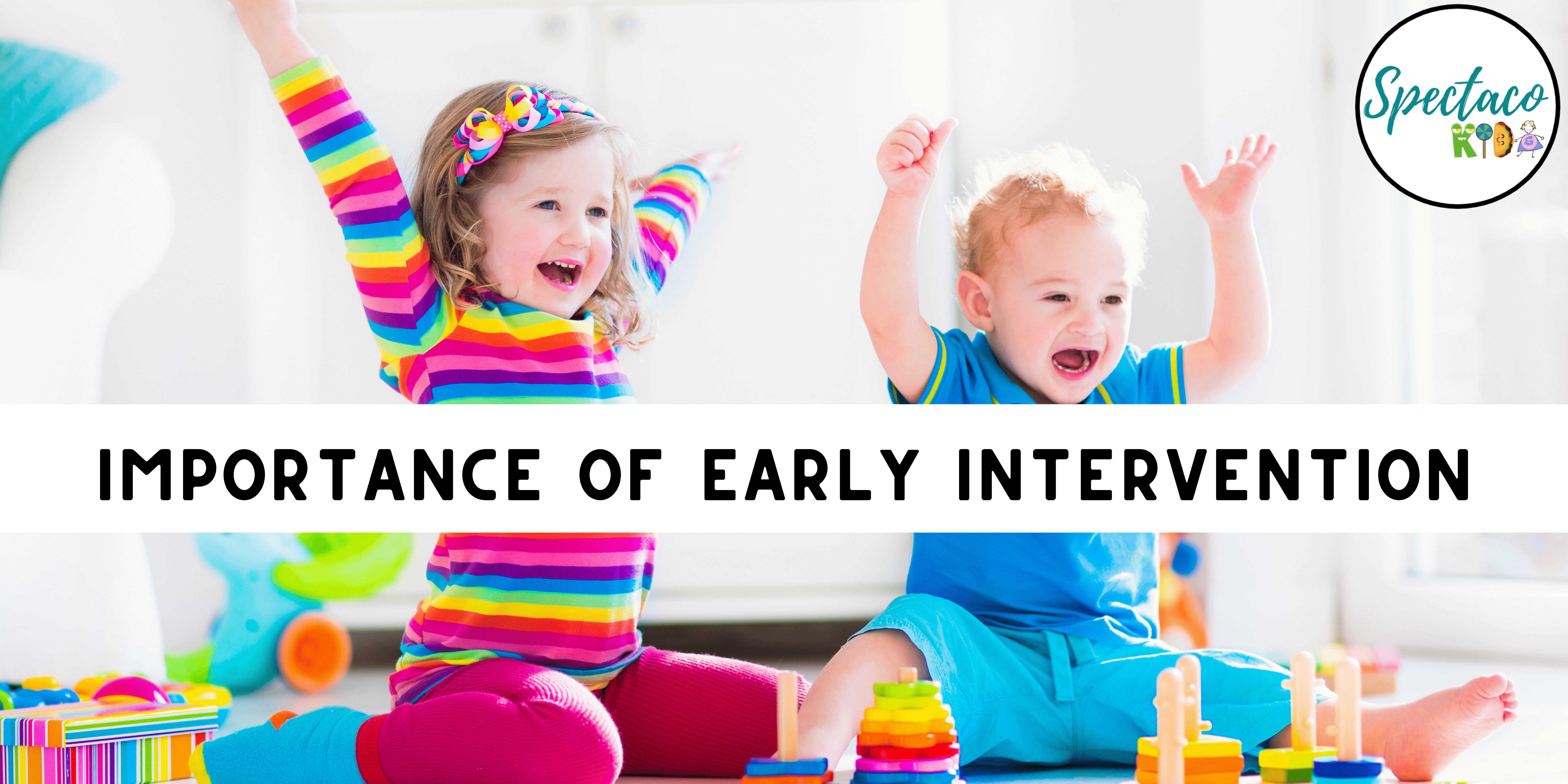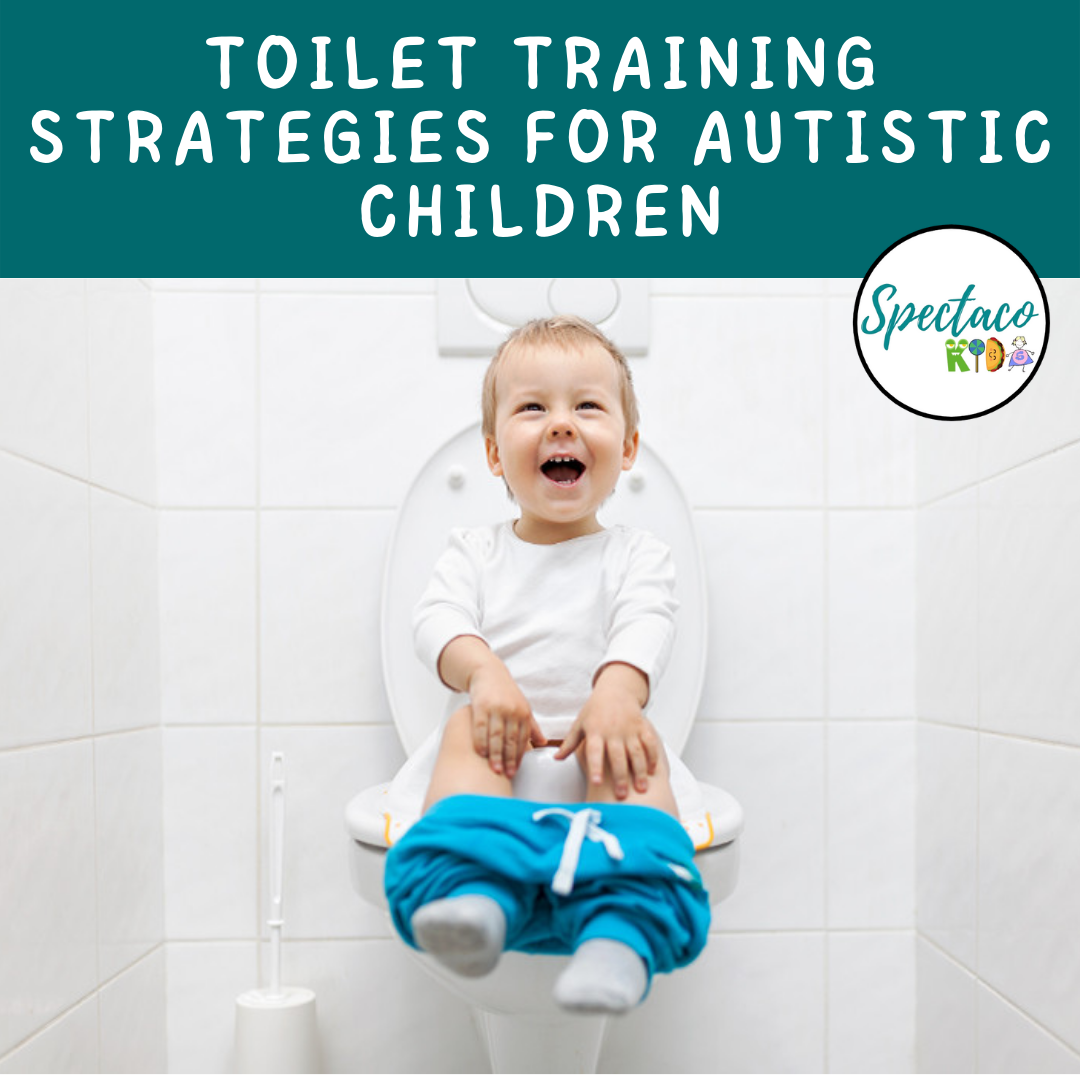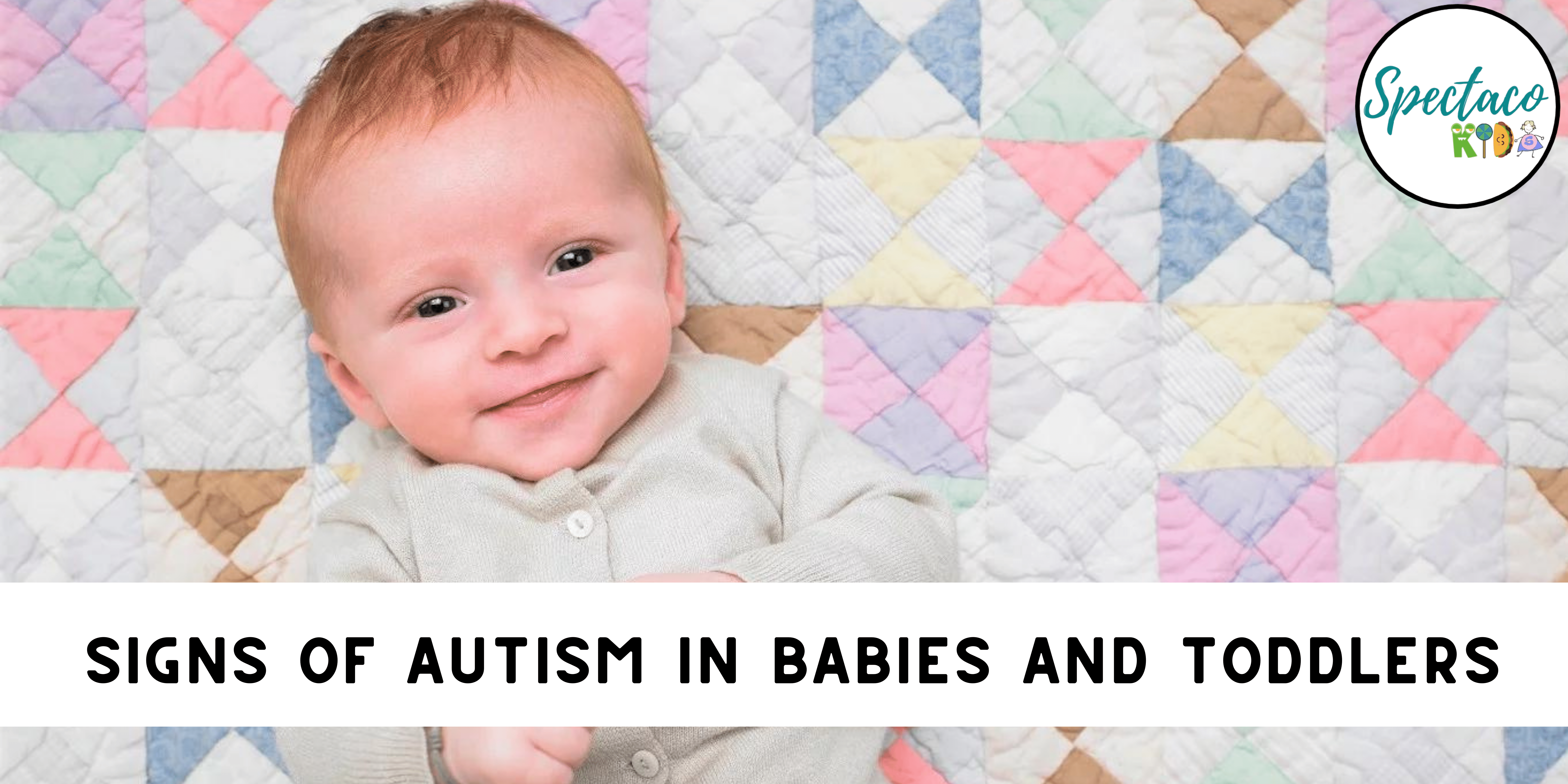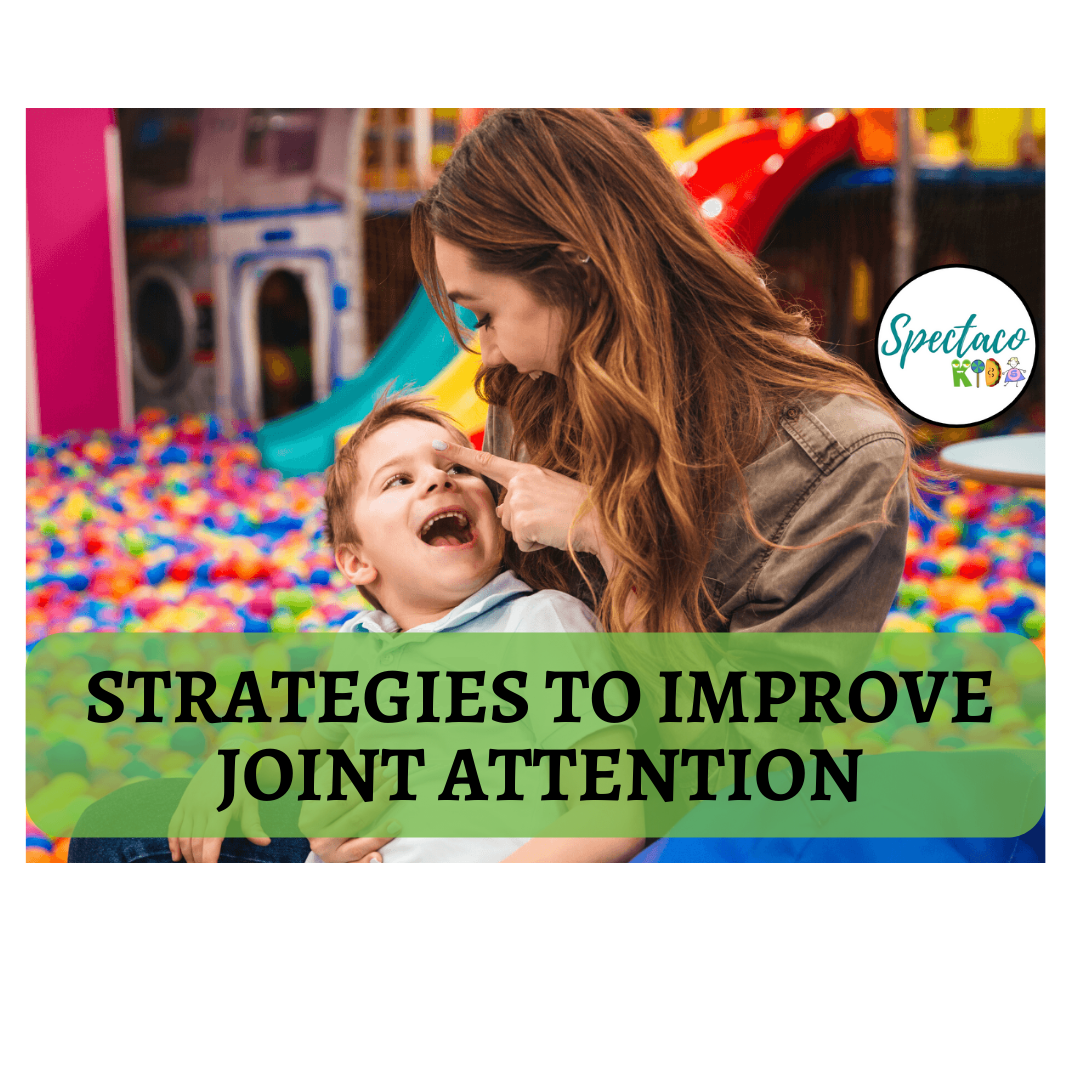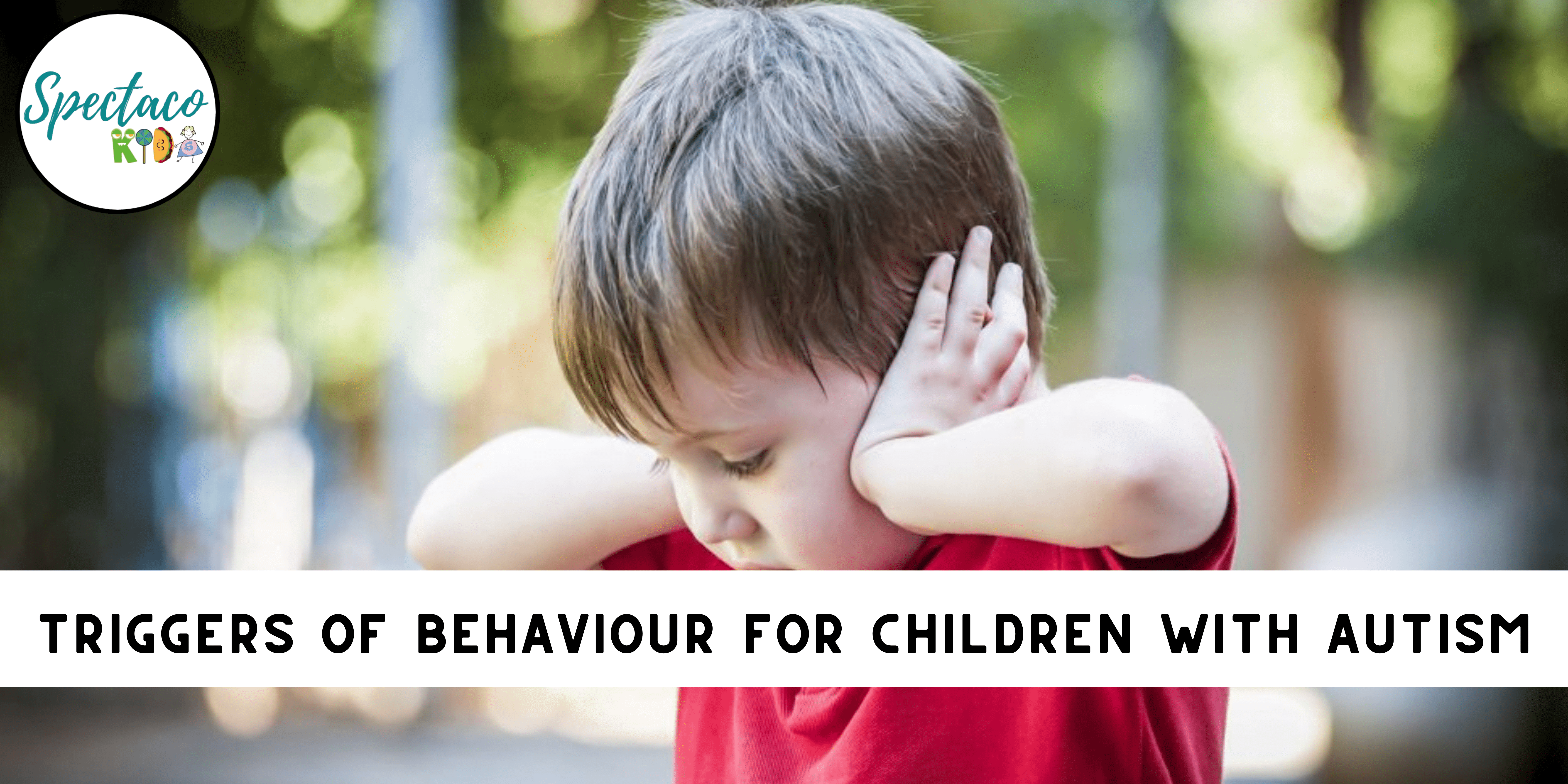What Is Stimming? Stimming refers to self-stimulatory behaviors that involve repetitive movements and sounds. Although stimming is most commonly associated with autism, it can also be found in non-autistic individuals. For instance, tapping your feet when nervous is an example of stimming. However, when talking about stimming in the case of autism, what must be […]
Signs of Autism in Adults
Autism Spectrum Disorder (ASD) occurs in all age groups. Severe forms of ASD are usually diagnosed in the early stages of a kid’s life. However, high-functioning people may not be diagnosed until later in their lives. Here are certain signs that can be observed in autistic adults: Avoiding eye contact An autistic adult may […]
Signs of Autism in Toddlers
Autism Spectrum Disorder (ASD) typically appears in the early ages of an individual, and may be diagnosed as early as 14 months. An autistic may show developmental differences while growing up in the way they behave, communicate and interact. Following are some of the signs that should be observed in a toddler’s behavior to be […]
Autism Strengths and Abilities
Autism Spectrum Disorder (ASD) is frequently misunderstood with people focusing more on facing the challenges, rather than the many strengths it brings. While, an autistic individual may face challenges, they may also have autistic traits such as excellent long-term memory, visual and observational skills among several. Some autistics have a unique set of skills and abilities, […]
Importance of Early Intervention
Early intervention refers to the phase where you provide services and support that will help babies and toddlers with developmental delays or disabilities. These delays can include speech therapy, physical therapy, autism, etc. Early intervention in your child’s life is beneficial when it comes to their development. Treating the communication and language difficulties early in […]
Toilet Training Strategies for Autistic Children
Be it for typical kids or kids with disorders; potty training is a tough task. Autistic children have developmental delays, because of which they usually face more difficulties than normal kids during the process of toilet training, taking longer than usual. Often, autistics also have trouble breaking their long-term routine of using a diaper. Plus, […]
Activities to Promote Eye Contact
Eye contact is a very important skill when communicating. It tells the other person that you are listening to them and invested in the conversation. It is also used to gain others’ attention while helping you understand how the other person feels. Children with autism disorder usually have difficulty communicating, so they find it hard […]
Signs of Autism in Babies and Toddlers
Often, children with autism spectrum disorder (ASD) show developmental alterations when they are babies, particularly in social, linguistic, and behavioral skills. Some toddlers even interact differently or may not interact at all with others. Babies can start showing signs of ASD as early as two months of age. Since autism is a spectrum, one child […]
Strategies to Improve Joint Attention
Joint attention refers to the ability to share a common focus on something with someone, including people, objects, concepts, events, etc. It is mainly a social form of communication built up during infancy and continues to grow until early childhood. Joint attention is a significant factor for a child’s social development, cognitive development, and language […]
Triggers of Behaviour for Children with Autism
Children with autism disorder are very sensitive, and it’s common for them to behave in certain challenging ways. However, not every autistic child is the same. If one factor is triggering an autistic child’s behaviour, it might not affect the other child. Once a trigger has affected an autistic’s behaviour, it is difficult for them […]
